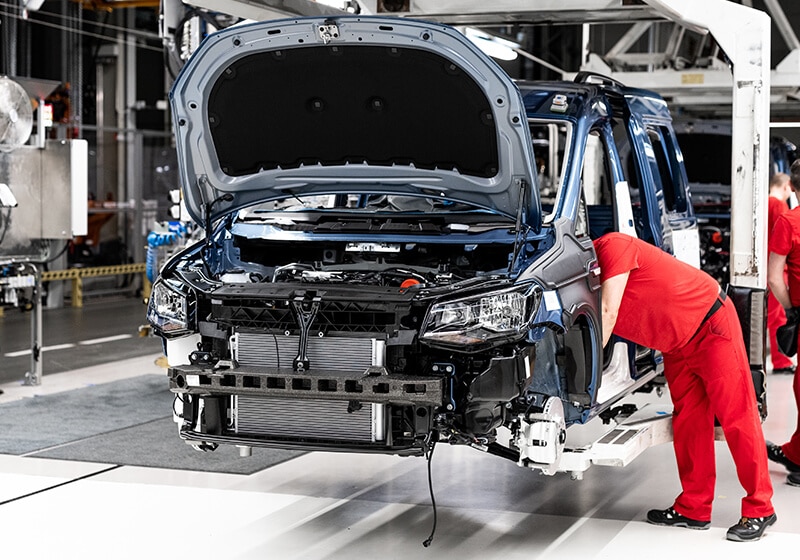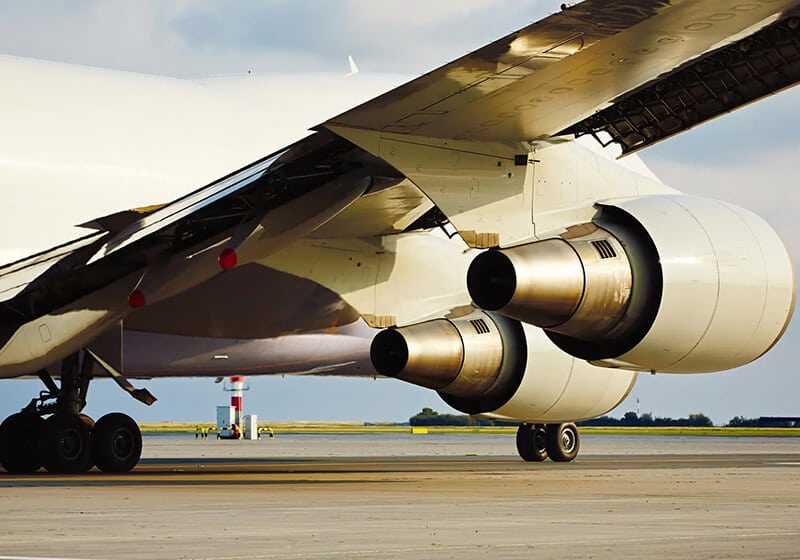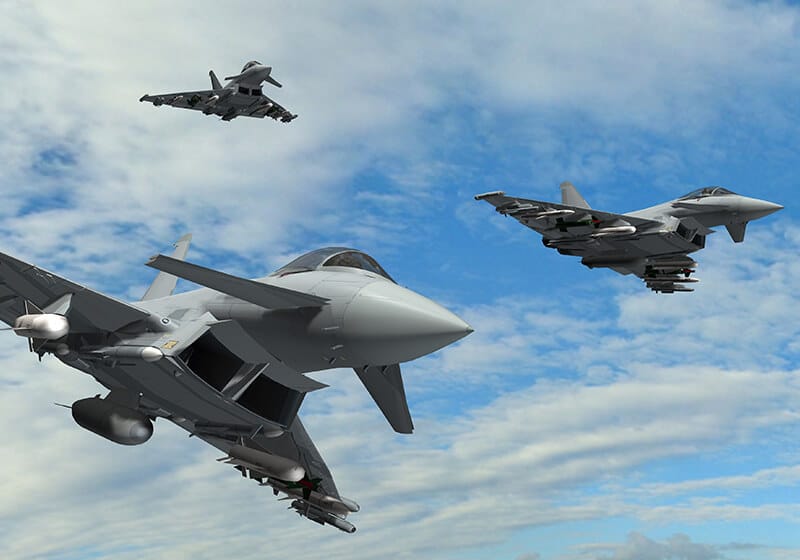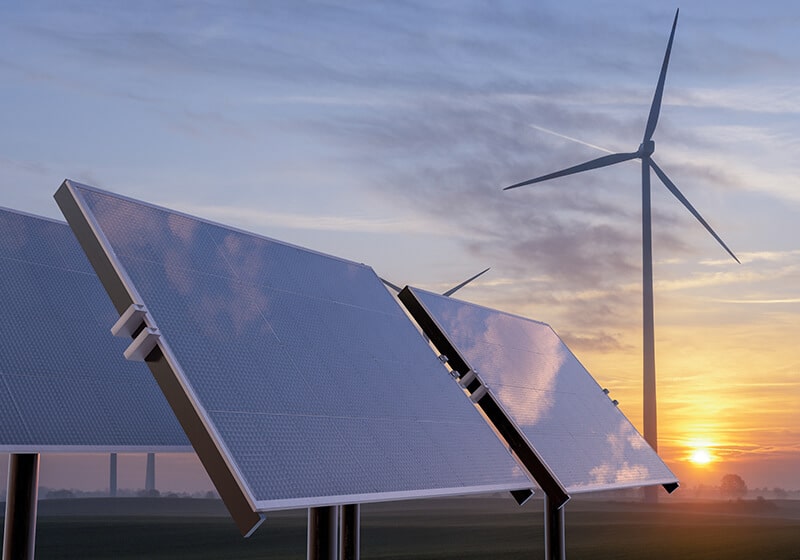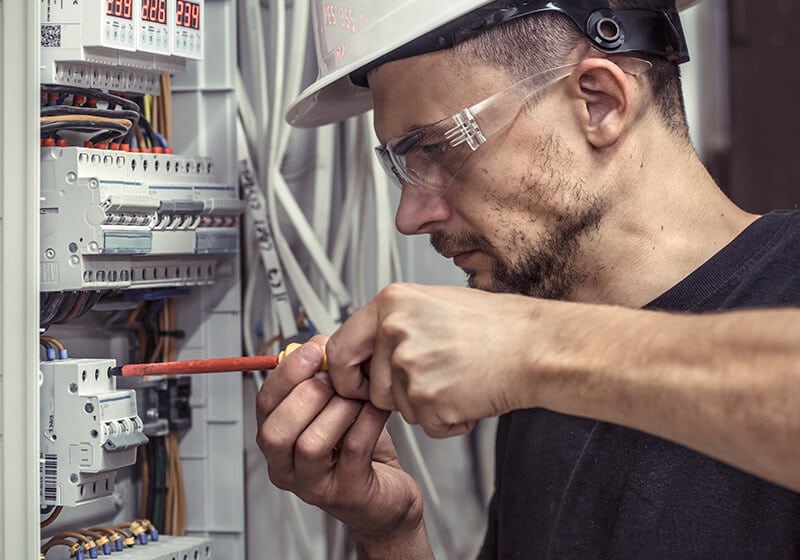
Metal finishing does more than just add a clean layer to your components. The metal chosen for the plating process is picked for various qualities, depending on the job it is required to do. One of the most desirable qualities for a metal finish is heat resistance, since so many environments produce excessive amounts of heat, either through friction or energy loss.
Which applications need heat-resistant components?

High temperatures are simply part of the day-to-day operation in many industry sectors. This is why heat-resistant metal finishes are in such demand across the board. Some of the most common applications that involve high temperatures include the following:

Engines, brakes, and power-steering components (among others) all need to resist high temperatures.

While most electronics applications are more concerned with conductivity than heat resistance, electronic components are notorious for overheating, so this is still an important consideration.
Which metal finishes are best for high-temperature applications?

If we’re just looking at heat resistance, the key quality a metal finish must have is a high melting point. The higher the melting point, the better it can withstand extremes of temperature. These are some of the most popular finishes we provide that offer excellent heat resistance:
Which metal finish is right for me?
Picking the right finish for the job involves more than just considering its melting point. For many applications, you need additional qualities, such as corrosion-resistance, conductivity, or wear-resistance. Often your final choice involves juggling those qualities, choosing a metal finish that might not be the most heat-resistant, but offers several other advantages to your project. If you’re not sure what the best metal finish is for you, we are happy to provide our professional opinion.




